E-commerce is any business that does its transactions, sales, marketing, and anything else business-related over the Internet
Most of the time, e-commerce has to do with the process of buying and selling online, but it can entail any type of business transaction. For instance, online shopping, paying a bill online, online banking, and buying tickets for a concert is all considered e-commerce.
As e-commerce has grown over the years, we have seen a shift in the way people are treating and using this type of commerce. The online shopper is beginning to change, and e-commerce has needed to change with it. People are becoming more inclined to shop online and e-commerce has begun to implement more technology to keep up with these changes and satisfy customers better.
One way e-commerce has begun to make this shift is through the use of IoT. Devices that are able to connect with IoT can help retail e-commerce-based businesses not just become more efficient, but learn more about the customer and their needs. Up until recently, businesses have lost touch with their customers after a product is bought and shipped to them. Most products do not have an on-going connection to the brand and the brand will receive little to no information about how customers use their products in the most extensive and complete way possible.
Automatic Product Replenishment
This is where we see automatic product replenishment come into play. It uses IoT, sensors, and connected devices to help businesses get one step ahead of their customers by giving them the option to have their product replenished without having to lift a finger. Brands can send their customers their favorite products before they run out. Customers will never have to remember to re-order their dog food and it will just automatically ship to their house after choosing a recurring delivery option. The customer is still in full control of their product, but e-commerce businesses benefit from customer loyalty and steady sales. Automatic product replenish gives brands the ability to stay connected with their customers even after they purchase from them.
Shift to Digital Commerce
But the transition does not just stop there. We are now beginning to see a new shift to digital commerce. Digital commerce is much more comprehensive because it allows businesses to increase demand, control their own supply chain, and make the experience of their customers much better. Digital commerce can also provide more data and information on customers. In return, a specialized team of workers can analyze the data and the brand can learn how to be more effective in their marketing strategy. The brand can understand how much of a product a customer uses in a specified period of time, how often they run out, how much they need to reorder, and more. If a brand wants to make its user experience the best it can be, these types of insights will create a better and more personalized experience for each individual user.
Digital Commerce to Smart Homes
Digital commerce has already begun to make its way into our lives, and we may not even realize it! You have likely seen the new generation of refrigerators; The smart fridge that has a computer touch screen embedded on the front that lets you look up recipes, add items to your shopping list that goes right to your phone and allows you to purchase food items online – all right from your fridge. The fridge now has more use than just keeping our food cold and providing us with ice and water – it can now help us ship for food items better, easier, and more efficiently. Smart homes are developing into something more accessible to more people as well. Homeowners do not need to have a state of the art multi-thousand dollar smart home system to make their home smart. Amazon’s Alexa and the Google Home are turning any home into a smart home where customers can tell their AI’s to buy more toilet paper or potato chips directly from Amazon with just their voice.
These kinds of advances are changing the way we are shopping online and e-commerce is no longer cutting it. More advanced and more consumer-focused technologies in the digital commerce world are imperative for online businesses to continue to grow and succeed.





